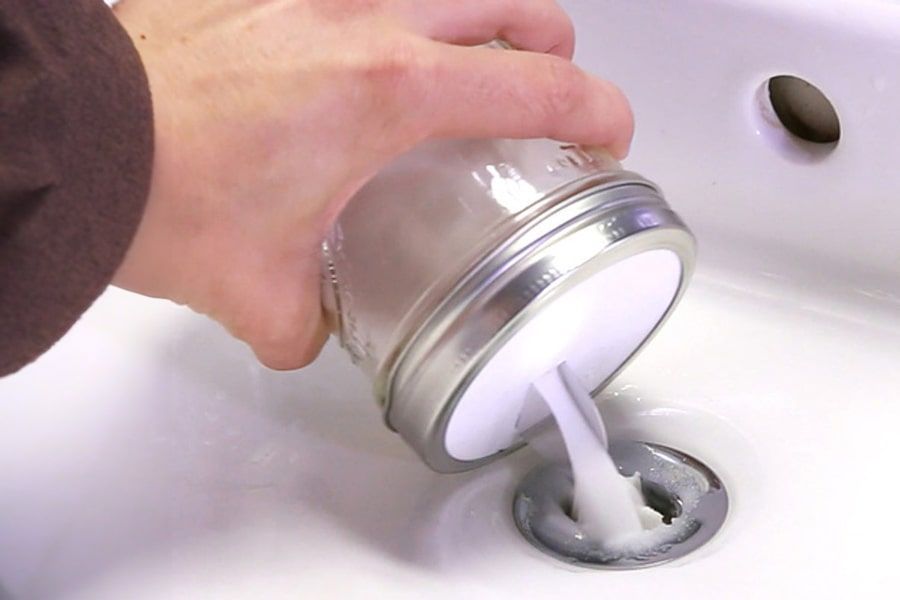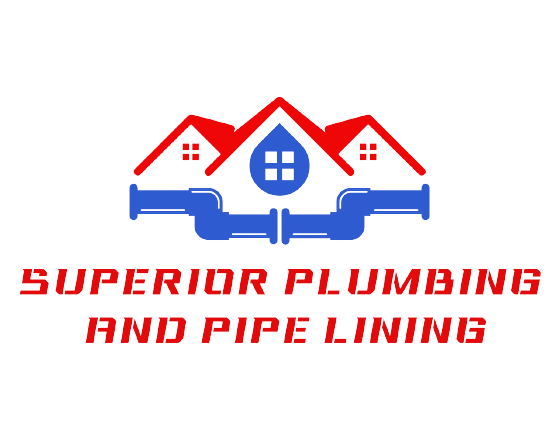
Should You Use Salt to Clear Plumbing Clogs?
One of the oldest methods in the books for fixing clogs is to pour salt down your drain. After performing this task, you may find yourself wondering if it works. Rather than asking if it is effective to pour salt in drains, you should question whether this is a safe method for clearing drains or if there are any problems.
Pour Salt Down Your Drain – What Works?
In recent weeks, the salt down the drain trick has taken the internet by storm, leading individuals across the country to turn to their spice cabinets to relieve themselves of slow-draining pipes. But does this work?
The truth of that matter is that salt in drains does very little in itself to clear out a clog.
Why Pour Salt Down the Drain?
When you pour salt down your drain, it is believed that this magical coarse powder will rough down the sides and break away whatever substance is clogging up the drains, leading to free-flowing water and sinks that drain in rapid time. Although this sounds like a believable theory, it is not as effective as we would hope.
You may want to believe that pouring a significant amount of salt to fill the pipe will do the trick or leaving the salt in your drains overnight or for multiple nights will eat away at the problem, but it does not work that way.
Is there any Truth to the Salt Down the Drain Trick?
Although you may be salty that this trick doesn’t work, it is not entirely false. Mix salt with other ingredients to pour down your drain and clear up some clogs. One of the most known mixtures is combining salt and baking soda. This recipe has been shown to remove caked-on foods, grease, and some other sources of clogs inside drains. However, it is pretty hit or miss. It will typically depend on how nasty the clog is and what caused it. The more severe the clog is, the less likely this method will work.
Do Not Get Burned by the Salt Down the Drain Trick!
In many cases, individuals find that the salt trick does not work. Many people pour down hot water with salt to clear the drains. Other situations involve individuals mixing boiling water with soap to break down the substances and clear their drains. These methods are not recommended.
If you pour water boiling down your drain, it is also likely to splash onto your face and cause severe burns. Another issue with running hot water down the sink comes if porcelain sinks are in your home. This can cause the entire sink bowl to break in half, which can be hazardous and extremely expensive.
Finally, if you have PVC piping, boiling water could damage the pipe severely. This is another costly repair to handle. The last thing you want to do is damage a pipe while trying to clean it. This can result in even more inconvenience, leaving you needing costly repairs to properly function your sink and drain backup.
Rather than trying to take control of the situation on your own, you can benefit by seeking the help of a skilled plumbing professional. A professional can either snake the drain or utilize another method to effectively clear your clogs and have your drains functioning like new.
Call Our Professionals Today
If you have problems cleaning a clogged drain in your home, you do not have to handle it alone. At your earliest convenience, contact our professionals at Superior Plumbing and Pipe Lining in Jacksonville, Florida.
We have a proven history of success in helping home and business owners across the area clear their pipes and handle complex plumbing situations. Our team can meet with you to assess the issues and help get your drain clean and in good working order in no time. Schedule an appointment today by calling (904) 238-8001 to get started.
FAQs
Does salt work to clear clogged drains?
Salt can help with minor drain issues by breaking down grease and debris, especially when combined with boiling water or vinegar. However, it’s not effective for severe clogs.
How do you use salt to unclog a drain?
You can pour ½ to 1 cup of table salt or rock salt down the drain, followed by boiling water. Let it sit for a few minutes before flushing with more hot water. Adding baking soda or vinegar may enhance its effectiveness.
Is salt safe for all types of pipes?
Yes, salt is generally safe for most pipes, including PVC and metal. However, excessive use could lead to corrosion over time in older metal pipes.
Can salt damage my plumbing system?
While occasional use is safe, frequent applications of salt—especially rock salt—can contribute to pipe corrosion, particularly in older or weaker plumbing systems.
Does salt help dissolve grease buildup in pipes?
Yes, salt can help break down grease and absorb moisture, which may loosen minor buildups. However, it is not a powerful degreaser and may not completely remove stubborn grease blockages.
What are the best alternatives to salt for clearing clogged drains?
More effective solutions include baking soda and vinegar, enzyme-based drain cleaners, boiling water, or a plumbing snake. For severe clogs, a professional plumber may be needed.
Will salt and vinegar together unclog a drain?
Salt and vinegar create a mildly acidic solution that can help loosen debris and small clogs. However, it’s not as powerful as commercial drain cleaners or professional plumbing tools.
Is using salt better than chemical drain cleaners?
Salt is a natural and eco-friendly option, whereas chemical drain cleaners can be harsh on pipes and the environment. However, for severe clogs, chemical solutions or professional help may be necessary.
Can I use salt to prevent clogs in my drain?
Regularly flushing your drains with a salt and hot water mixture can help prevent grease buildup and minor blockages. However, proper drain maintenance, like avoiding grease disposal, is more effective.
When should I call a plumber instead of using salt?
If your drain remains clogged after multiple treatments, drains slowly despite using salt, or emits foul odors, it’s best to call a plumber to prevent further plumbing damage.
Top-Notch Plumbing Repairs Are Just a Phone Call
Call Superior Plumbing and Pipe Lining now for expert plumbing services.
Contact Info
1204 Saint Johns Bluff Rd N, Jacksonville, FL 32225, United States of America
Phone: (904) 238-8001
Services
Business Hours
- Mon - Fri
- -
- Sat - Sun
- Closed
All Rights Reserved | Superior Plumbing and Pipe Lining
